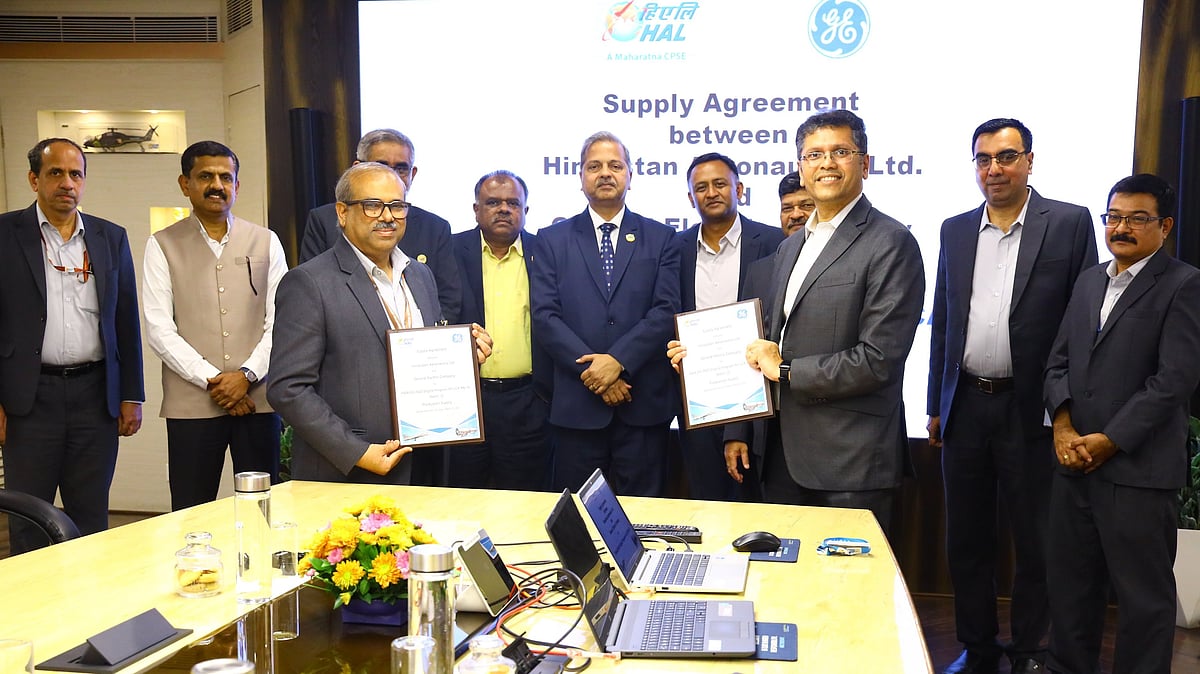India is yet to create a common framework for evaluating risks due to climate change and a systematic methodology for ascertaining the extent to which development programmes address climate risk and vulnerability, according to a new report released on Wednesday.
The report by Climate Policy Initiative, a multi-national analysis and advisory organisation with expertise in finance and policy, said the lack of a common framework for evaluating climate risks makes it hard to tell how development projects address these issues, and to track funding for adaptation measures.
Financing Adaptation in India
Despite these challenges, it said, there is a growing push for climate adaptation action in India, leading to plans, policies, and schemes at national and state levels. However, the focus and progress vary among states.
The report titled "Financing Adaptation in India" also highlighted the need for "significant" investment for adaptation (adjusting to the effects of climate change) in the country.
An analysis of state action plans for climate change shows six states -- Odisha, Tamil Nadu, Kerala, Haryana, Himachal Pradesh and Goa -- alone require USD 5.5 billion annually until 2030, CPI researchers said.
While some states like Odisha and Tamil Nadu mention funding gaps, others hint at insufficient resources for adaptation efforts, citing barriers like limited funds, they said.
Fiscally strained states struggle
The report said states bear the primary responsibility for adaptation, but economic challenges, exacerbated by the 2019-20 economic slowdown and the COVID-19 pandemic, limited their ability to invest.
"States also face borrowing constraints under new fiscal rules and pressure to reduce existing debt burdens, which further constrain their ability to bridge the adaptation funding gap," it read.
To address these challenges, the CPI recommended involving adaptation interventions in the criteria for distributing funds to states and introducing borrowing ceilings based on climate risks.
"This can help relatively more vulnerable states have access to increased finance," the CPI suggested.
It also called for better green finance data to understand investment needs, track progress, and ensure transparency.
High-quality data can help, among other things, increase transparency, which is critical to informing better decision making.










